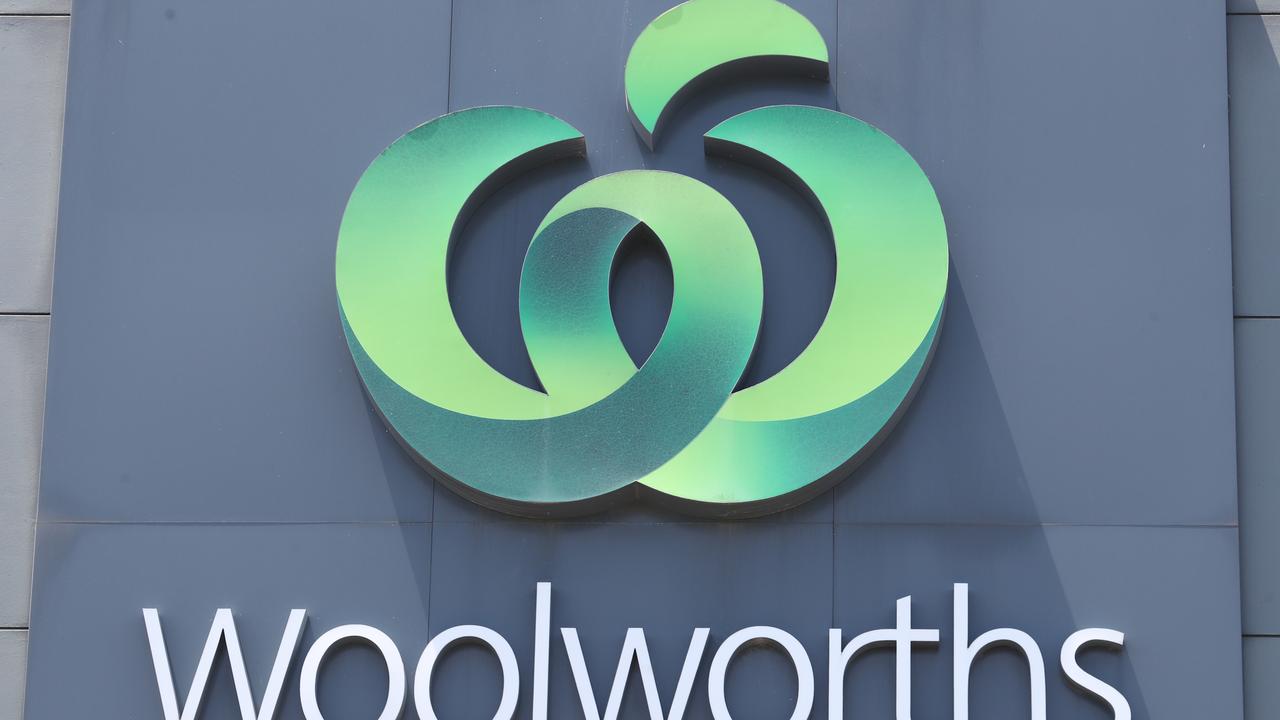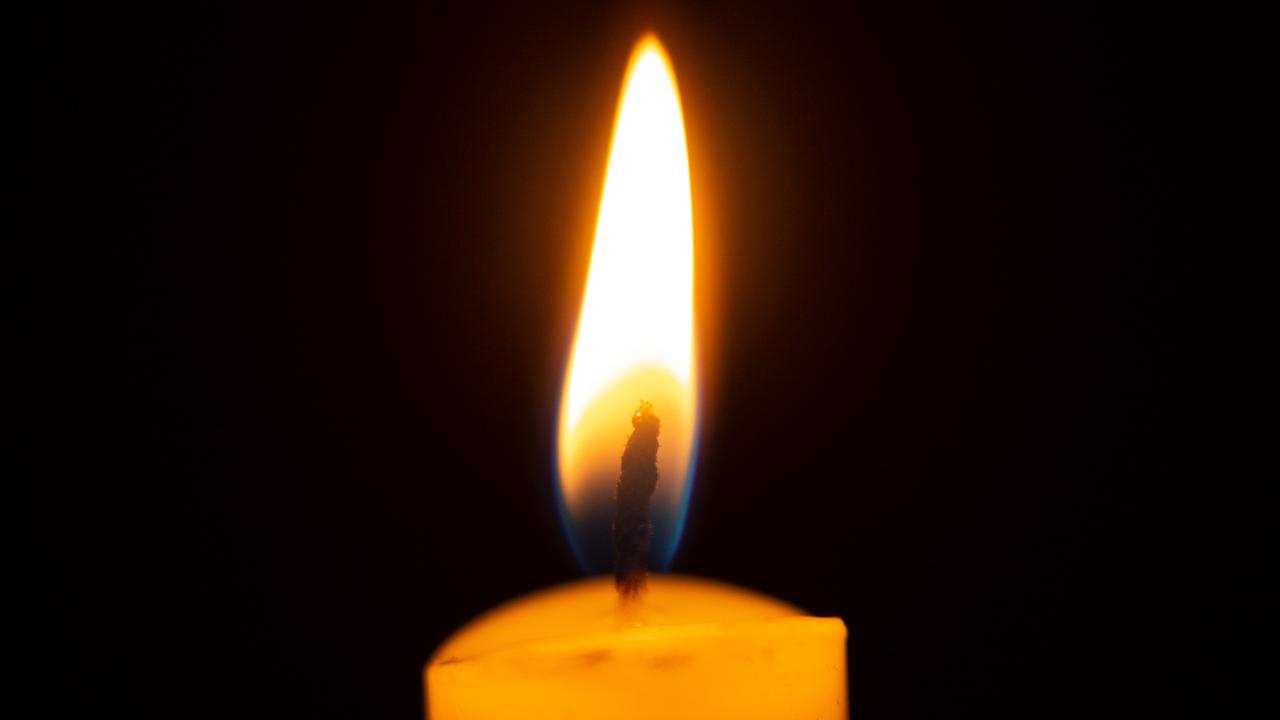From Gallipoli to the Gulf, the Cooke family’s extraordinary record of service across five generations
ONE family. Five generations. Six conflicts. And it all began with a troublemaker so desperate to get to war he lied about his wife and children.
ANZAC Centenary
Don't miss out on the headlines from ANZAC Centenary. Followed categories will be added to My News.
ONE family. Five generations. Six conflicts.
From fighting in the trenches of Gallipoli to stopping smugglers in the Gulf, the Cooke family’s extraordinary military legacy has placed them at the heart of almost every major action involving Australians — an extraordinary service record which, they wryly acknowledge, might lead some to question their sanity.
One hundred years after the declaration of the First World War, fifth generation veteran William Cooke said he had only just learned of his family’s story.
“I don’t know if it’s good, bad or unfortunate,” he said. “Up until me, anyway, it seems the male members of our family have a habit of putting ourselves in positions where we regularly get shot at.”
“I don’t know if that bodes well for the family or questions our sanity along the way.”
ANZAC TO AFGHANISTAN: 100 years of untold stories
It all started with William’s maternal great-great-grandfather — a troublemaker from Western Australia called Edward Jenkins — who, in 1915, was desperate to dash off to war.
The father of six was so eager to enlist that he signed up to the army in Sydney because they wouldn’t take married men in WA.
His sister, who then lived in the city’s Mosman, agreed to swear the 42-year-old bushman was single and he was subsequently sent to France where he fought — and died — on the Western Front.
The 3rd Battalion stretcher–bearer was killed during intense shelling at Pozieres on July 24, 1916.
That day, during the worst of the bombardment, he had cared for the wounded with the “uttermost tenderness”, saving many lives. But that night, as he took “a dixie of tea to the sufferers”, he was blown to pieces by a shell, according to war correspondent Charles Bean.
Private Jenkins never knew that while at war his daughter Margaret Mary Olive Jenkins married another WWI war veteran.
John James enlisted at Bunbury, WA, within weeks of war being declared.
The bugler in the 11th Battalion, 3rd Brigade, Australian Imperial Force (AIF), landed at Gallipoli peninsula at dawn on April 25, 1915.
Months earlier, while in Egypt preparing for the landing, 703 soldiers from his battalion were marched up to the Great Pyramid of Cheops for a photo.
Most men in that grainy old image — one of the most iconic in Anzac history — remain unidentified.
As did John until this year when his great-granddaughter, Miki Cooke, discovered his story.
“It’s really quite a sad story about John,” Miki, 39, said. “John never told us he was an original Anzac. He never spoke about Gallipoli at all to any family members.
“I feel like his story needs to be told, not just because he was forgotten, but because of the fact he’s an original Anzac and from that we sent a subsequent three generations to war, which is highly unusual.”
WE WERE IN A PERFECT HELL OF BULLETS: Voices from Gallipoli
The day the 11th Battalion landed at Gallipoli, John was shot in the elbow and evacuated to the United Kingdom.
Months later he returned home and met Edward Jenkins’s daughter, Margaret Mary Olive, who he married a year later.
He returned to the war in 1917, working as a railwayman in France. In June 1918 he was admitted to hospital, after being gassed, and stayed there until August.
He eventually returned to WA in early 1919 where he worked as a miner in Kalgoorlie and then on the railways.
John, who died in 1946, and Margaret had four children — two girls and two boys — in Bunbury.
The youngest boy, Edward Arthur Cooke, joined the AIF during WWII and served in Darwin when the Japanese bombed the city in 1942.
Later, in 1966, he became Bunbury Mayor - and had a street named after him - before working on the railways and industrial relations for the mines until retirement.
Meanwhile his brother Jack joined the RAAF and became a fighter pilot posted in Europe for most of the war.
Edward’s son Barry was the next Cooke boy to follow in their fathers’ footsteps.
‘HE WENT OUT ON PATROL ... AND DIDN’T COME BACK’
After a brief stint in the RAAF when he was 16, Barry joined the Army and served in Malaysia, Borneo and Vietnam.
“Don’t ask me why as I can’t define that for you but I always wanted to be in the services,” he said.
“I’d been out of the air force nearly two years when the opportunity came up to join the army when I was 18 and I jumped at it.”
Sadly, some of Barry’s fellow recruits didn’t survive the jungles.
“I can remember two boys in particular, they were twins. They hopped out of a helicopter and ran into problems. One was killed and the other lost his legs. That’s terrible but I think fondly of those boys,” he said.
“There was also a sergeant who I spent a lot of time with in Malaya. He went out on patrol that he really didn’t have to be on and didn’t come back. There are people like that who I think a lot about.”
But Barry, 68, said he cherished “some wonderful times”.
“There were times you wouldn’t classify as wonderful either but all up it’s a different sort of mateship that you have there,” he said.
“Some of the memories relate to people as much as anything else and I met some wonderful people in my time there.”
One of them was a clerk at Sydney’s Victoria Barracks named Betty Fawcett, who he married before leaving the army.
The couple had two children, William and Miki, and later divorced.
Like his dad, William was still a teen when he enlisted in the Royal Australian Navy.
The 43-year-old served in Iraq in 1990 during the first Gulf War, sailed straight back after September 11, 2001, and returned for the final time in 2007.
“It’s not something we tend to dwell on or boast about,” he said. “It’s not through lack of pride but that’s my past and I’m busy trying to chisel out my future.”
The father-of-three, who spent 18 years in the Navy, said it came as “quite a shock” to learn his great grandfather had landed at Gallipoli on Anzac Day.
“Not just me but even my kids now have a new appreciation for how special the family line is, going back like that,” he said.
“I suppose, as all Australians do, we have a connection to Gallipoli but now it’s a very personal connection.”
And like his dad, Will met his wife Jo in the military. The couple, who have three children, met at RAN recruit school.
SIX BROTHERS LOST TO WAR: One family’s horrendous tragedy
And that’s not where the family’s history ends.
Barry’s grandfather Walter Cox, who adopted his mother, served in the First World War. That he served in France and was shot in the hand is all they know.
Both of Miki and William’s maternal great grandfathers, from the UK, were killed in WWI.
Their cousin, Warren Burton, was an assault pioneer in the 8/9th Battalion based in Brisbane in the 1990s.
And Miki’s partner Paul Rawson spent 20 years in the New Zealand Navy.
“I’m extraordinarily proud and very humbled,” Will said.
“I’ve been fortunate — or unfortunate — enough to go to the Persian Gulf on three occasions but the risks I took were nowhere near as significant as what those guys (before me) did.
“I am ... in awe of what these blokes achieved.”
Barry said his family had been “privileged to be allowed to be in those service, but modestly added their story was no more special than anyone else’s whose loved ones fought for their country.
“It just adds further to the history,” he said.
“I feel sorry for all of them who were in that conflict; it was a bloody terrible conflict. Whether they were related to us or not they all suffered the same deprivations.”
However, he admits identifying John Cooke in the pyramid picture was “absolutely amazing”.
“In fact, at our RSL sub-branch there’s a photo of these people on the pyramid and I was only saying to someone there the other day ‘my grandfather is in that shot’,” he said.
“The centenary was always important. From a family perspective (identifying John) obviously brings us closer than otherwise might have been.
“But, having said that, that’s a very selfish view point. Everyone who was there, irrespective, they came from families and they came importantly from the nation and that’s what’s important.”
The family will return to Bunbury on Anzac Day to commemorate the 100th anniversary of the Gallipoli landing.
Originally published as From Gallipoli to the Gulf, the Cooke family’s extraordinary record of service across five generations


